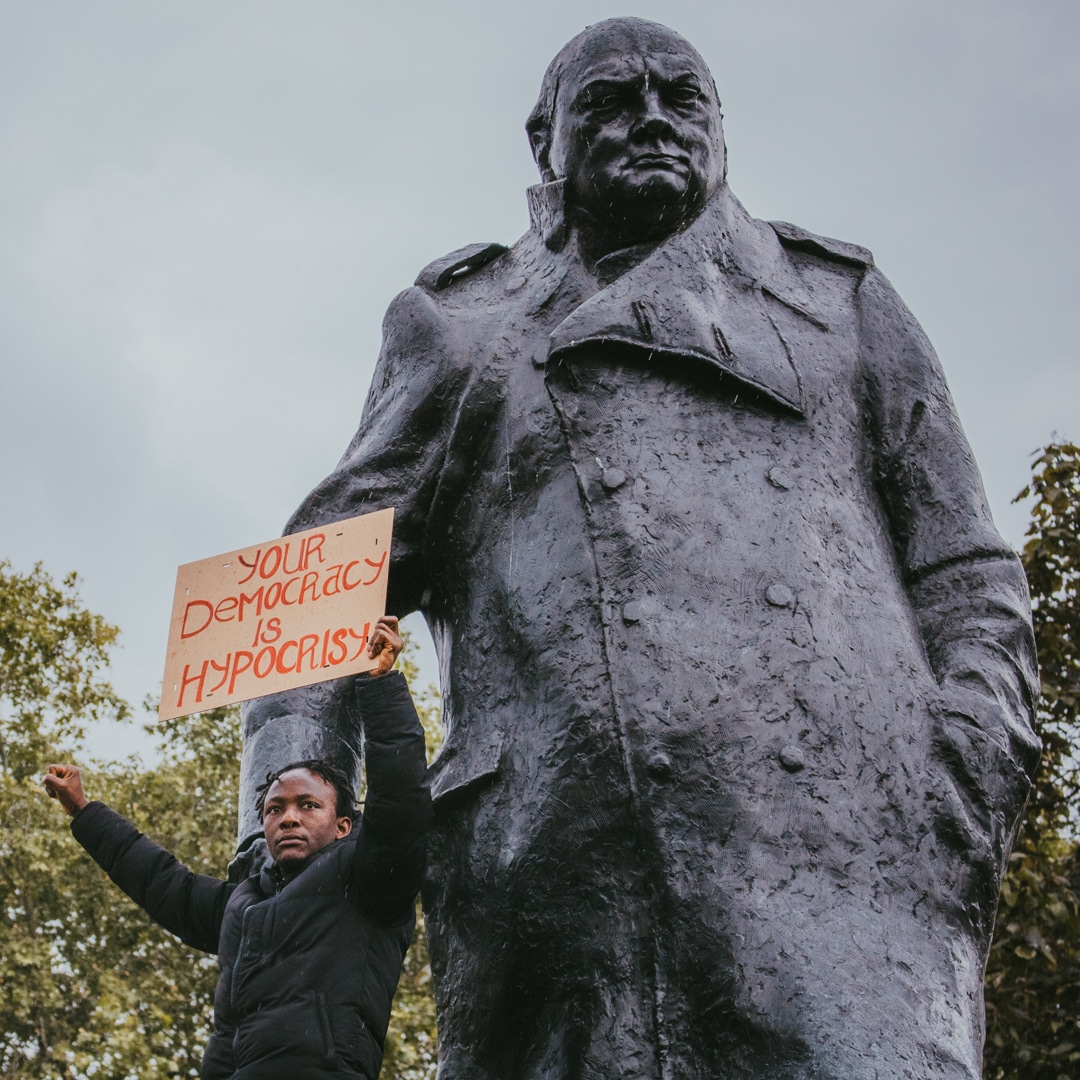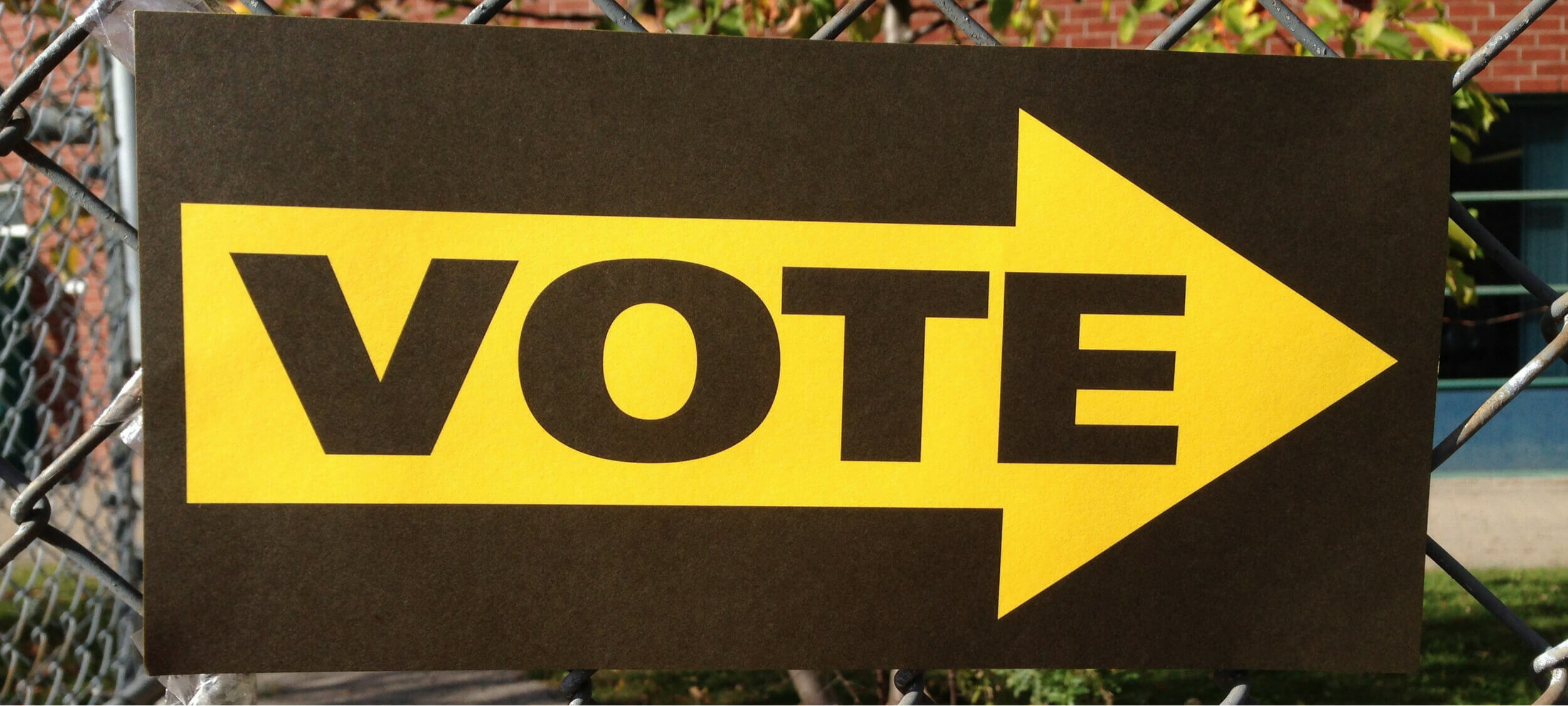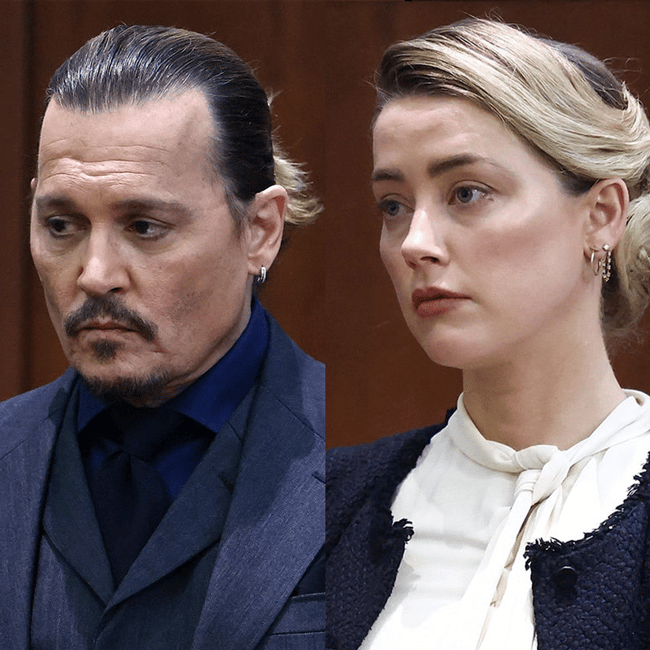
Settler rage and our inherited national guilt
Opinion + AnalysisPolitics + Human Rights
BY Sarah Maddison 21 JAN 2021
Professor Marcia Langton offers a distinctive term for settler-Australian racism towards Aboriginal and Torres Strait Islander peoples. She calls it the ‘settler mentality’. In her FODI Digital lecture Langton suggests that the experience of living unjustly on stolen Indigenous lands has produced in settler Australians a ‘peculiar hatred’ expressed through ‘settler rage against the people with whom they will not treat.’
While Langton observes the manifold evidence of ‘classical, formal racism’, she maintains that the underlying problem in Australia is ‘a settler population that cannot come to terms with its Indigenous population.’ Here, Langton touches upon a long running debate among scholars seeking to understand the ongoing conflict in Indigenous-settler relations. For some, race—and racism—are the primary lens for understanding both historical and contemporary injustice.
On this view, colonialism is in service to racism, enabling a white supremacist nation to take root on this continent. There is an abundance of evidence to support that claim, for example in the history of eugenicist practices in Australia including the ‘degrees of blood’ that for decades were used to justify the separation Aboriginal and Torres Strait Islander children from their families.
But for me there has always been more weight to support the counter view expressed by Langton.
Racism is real, certainly, but it operates in service to colonialism.
Colonialism cares less about the skin colour of the peoples it dispossesses and far more about accessing and controlling their land. It is in pursuit of land and the resources in and of that land that colonisers everywhere have committed atrocities against Indigenous peoples.
Australia is no exception. It is colonisation and the subsequent failure to negotiate treaties with First Nations on this continent that give rise to the settler state’s moral and legal illegitimacy. Colonisation is violent—no people anywhere in the world have been dispossessed of their land peacefully, and again, Australia is no exception.
Despite the state’s steadfast refusal to properly acknowledge this history, the evidence of over a century of frontier warfare is no secret. It never has been.
In her address, Langton mentions Australian historian Henry Reynolds’ book, This Whispering in Our Hearts, about those who recognised the injustices being perpetrated and were prepared to contest the violence of colonisation.
Langton points out that these settlers were well aware that they had ‘committed a monstrous crime’ and suggests that the criminality of the settler has produced in them a trauma similar to the kind that the German population had to deal with in the wake of the horrors of World War II. In making this comparison Langton references the German academic and novelist Bernhard Schlink’s famous novel The Reader.
In my own work I have drawn on another of Schlink’s books, the non-fiction volume Guilt About the Past, in which he unpacks the way in which the crimes of previous generations infect more than the generation that lives through the era (in his case Nazi Germany).
Schlink argues that guilt about the past also ‘casts a long shadow over the present, infecting later generations with a sense of guilt, responsibility and self-questioning.’ Schlink suggests subsequent generations create their own guilt when, in the face of evidence of past atrocities, they maintain a bond of solidarity with the perpetrators by failing to renounce their actions.
Australian national identity rests on the fantasy that the continent was virtually empty of people when the British arrived and went on to be peacefully settled.
Despite mounting scientific and historical evidence of the sophistication of Indigenous societies, the myth persists that Aboriginal and Torres Strait Islander peoples were ‘primitive’ and backward, and that colonisation brought them the benefits of Western ‘civilisation’.
Settlers hang onto these wrongheaded ideas as a means of justifying our presence and denying the horrors that accompanied dispossession. There is no easy path for reckoning with our forefathers’ crimes, there cannot really be redemption.
If we are here illegitimately then where do we properly belong? If the land is not ours then where should we live? If our presence here is the result of massacre and genocide how do we even begin to make that right?
And so the bonds of solidarity with the original perpetrators live on, deep within settler DNA. For every revelation of past atrocity there will be a critic ready to deny the harms done.
For every proposal to make amends for the past through more just relations today, there is a politician or a journalist ready to defend Australia’s colonial history as a sad but inevitable chapter on the road to modernity. For every call that we not celebrate our national day on the day the atrocities began for Indigenous peoples there is a chorus of criticism in defense of nationalism and ‘Australian identity.’
These responses are damaging to both settler and Indigenous peoples.
While Indigenous peoples are left still to struggle for justice, settlers are left with paralysis.
The peculiar hatred that Langton describes is like a poison in settler society. This poison makes us brittle, defensive, unkind, and greedy, unwilling to give up any of the wealth we have gained through atrocity and dispossession.
Yet even as it makes us sick, still we drink the poison up. This has been the settler’s choice since this continent was first invaded. We can, however, make a different choice. The antidote to the poison of settler society is justice, and it is not beyond our reach.
This project is supported by the Copyright Agency’s Cultural Fund.
![]()
Ethics in your inbox.
Get the latest inspiration, intelligence, events & more.
By signing up you agree to our privacy policy
You might be interested in…
Opinion + Analysis
Politics + Human Rights, Relationships, Society + Culture
The ethics of tearing down monuments
Opinion + Analysis
Politics + Human Rights
Why compulsory voting undermines democracy
Opinion + Analysis
Health + Wellbeing, Politics + Human Rights, Relationships
CoronaVirus reveals our sinophobic underbelly
Opinion + Analysis
Politics + Human Rights, Relationships, Society + Culture




